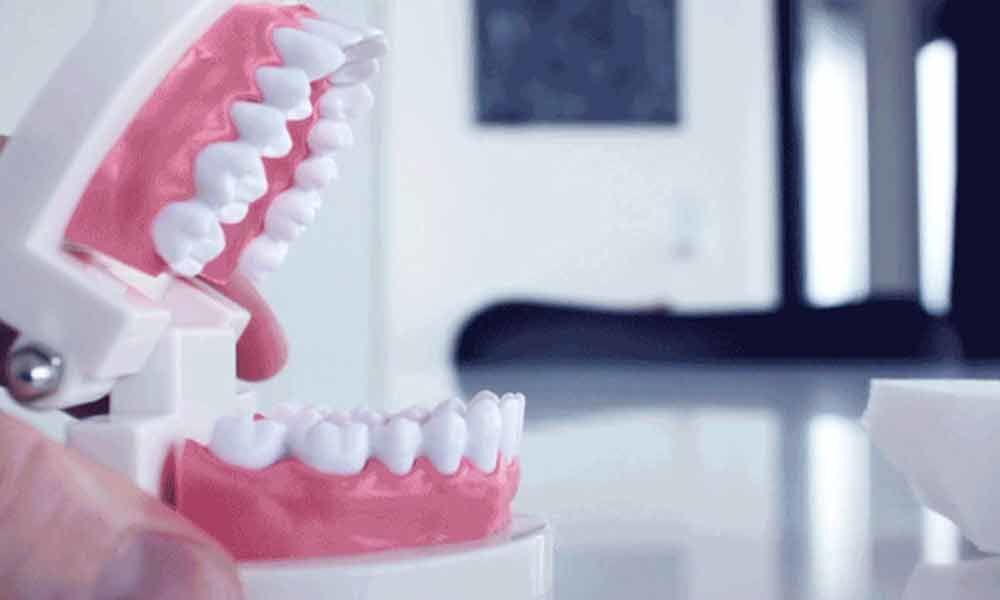Athletes have poor teeth regardless of brushing two times per day, study finds

English Olympic and proficient athletes could be harming their teeth by regular using sports drinks, energy bars, and gels, according to a study.
Scientists from University College London studied 352 female and male competitors crosswise over 11 games, including cycling, swimming, rugby, football, paddling, hockey, cruising and sports. The examination inferred that world-class competitors had poor oral wellbeing in spite of endeavors to think about their teeth.
The discoveries, distributed in the British Dental Journal, demonstrated 94% of competitors brushed their teeth two times every day, contrasted and 75% of the overall population, while 44% flossed consistently, contrasted and 21% of general society.
The investigation expands on past research by the UCL Eastman Dental Institute that deliberate tooth rot, gum wellbeing and corrosive disintegration in tip-top competitors. It found that 49% of competitors had untreated tooth rot, and 32% revealed their oral wellbeing negatively affected preparing and execution. The most recent examination endeavored to investigate why.
Scientists found that 87% of competitors consistently drank games drinks, 59% ate vitality bars and 70% utilized vitality gels, which are all known to harm teeth.
Past discoveries have proposed first-class competitors may have a higher danger of oral illness as a result of having a dry mouth during serious preparing.
Dr Julie Gallagher, from the foundation, stated: "We found that a greater part of the competitors in our study as of now have great oral wellbeing related propensities in as much as they brush their teeth two times every day, visit the dental specialist routinely, don't smoke and have a sound general eating regimen.
"Be that as it may, they use sports drinks, vitality gels and bars every now and again during preparing and rivalry; the sugar in these items builds the danger of tooth rot and the acridity of them expands the danger of disintegration. This could be adding to the elevated amounts of tooth rot and corrosive disintegration we saw during the dental registration."
Gallagher said the competitors met for the examination were happy to consider conduct changes, for example, extra fluoride use from mouthwash, progressively visit dental visits and diminishing their admission of game drinks, to improve oral wellbeing.
Specialists proceeded to work with world-class competitors and their help colleagues to plan an oral wellbeing mediation study.









